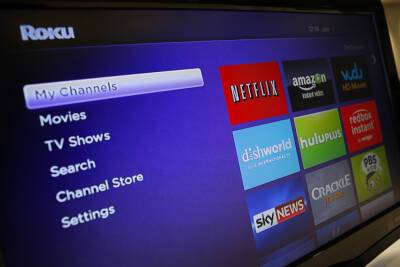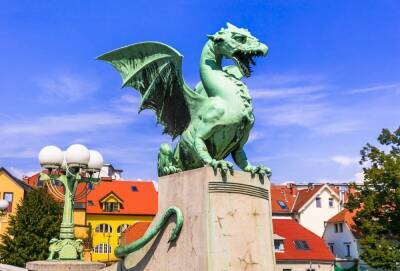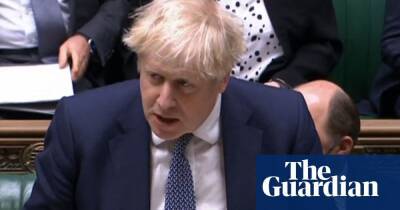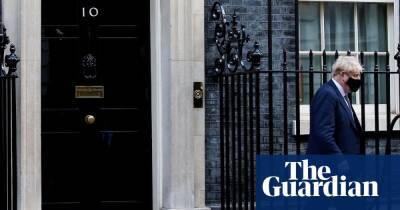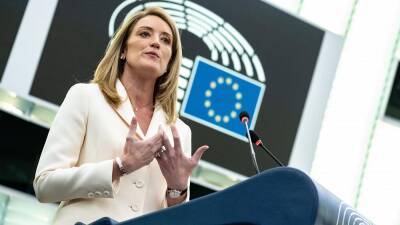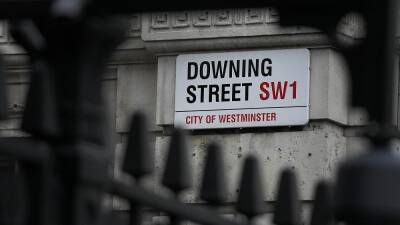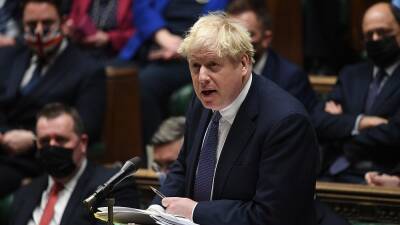Boris Johnson’s faster broadband promise is being broken, say MPs
Boris Johnson’s promise to “level up” the nation by providing next-generation-speed broadband to most homes by 2025 is under threat as rural dwellers are left behind in the internet revolution, according to a report by parliament’s spending watchdog.
The report by the public accounts committee found that the government is relying too heavily on companies, most notably BT Openreach and Virgin Media O2, to achieve Johnson’s key election manifesto pledge of addressing the UK’s status as a global laggard in broadband speeds.
These companies are focused on the less costly, easier to reach urban conurbations across the UK. The government plan, developed by the Department for Digital, Culture, Media and Sport, is failing to deliver on a promise to find affordable solutions to connect those living in rural areas and remote towns and villages.
“What DCMS does know full well is it can’t rely on the private sector to get fast broadband to the hardest to reach, excluded and rural areas,” said Dame Meg Hillier, the chair of the PAC. “And despite its repeated promises to do exactly that, we are apparently little nearer to closing ‘the great digital divide’ developing across the UK nor addressing the social and economic inequality it brings with it.”
At the end of last year, 47% of UK homes and premises had the potential to sign up for next-generation-speed broadband. While the rollout plan means half of all urban dwellers can get these speeds, only a quarter of those in rural areas have the opportunity.
The huge demand for reliable, high-speed internet connections as millions moved to home, remote and flexible working and schooling during the pandemic has increased pressure on and scrutiny of the government’s plans.
An initial promise by
Read more on theguardian.com





